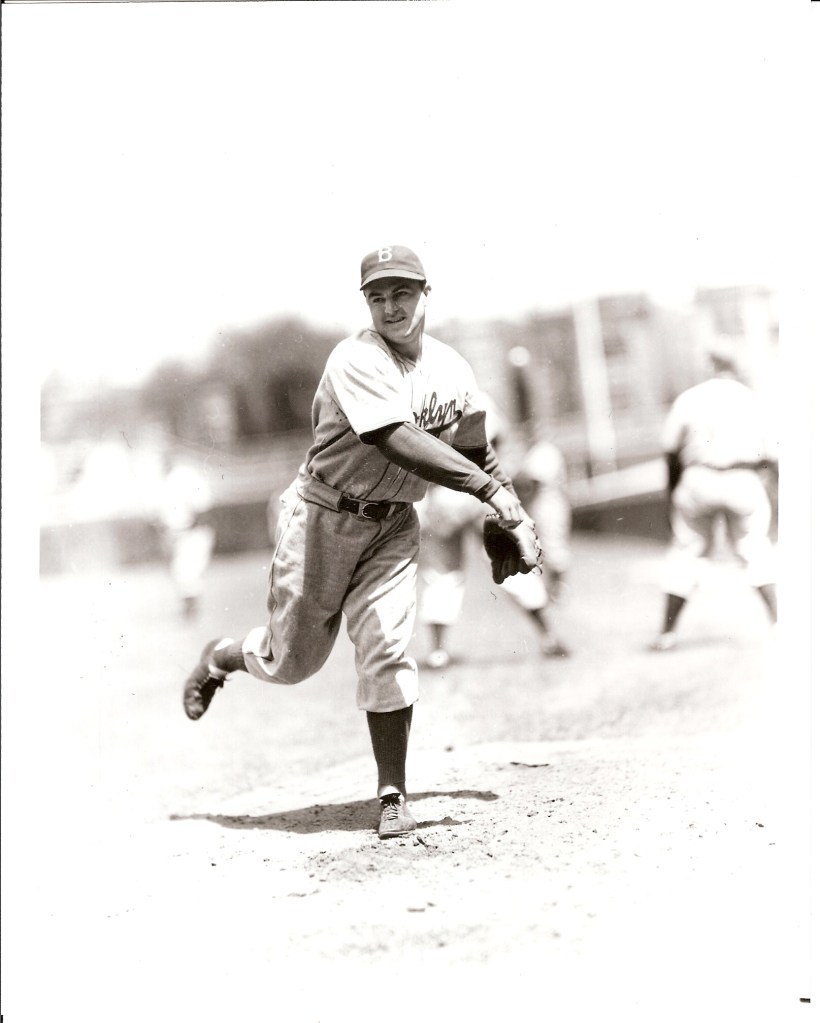It is New Year’s Eve as I write this, and that is always a day of reflection whether you want to reflect or not. We’ve now pretty much run out of time to accomplish whatever is incomplete—or not even begun—on our to-do list for 2024.
Birthdays often spark reflection, too, but such reflection is usually limited to the birthday-ee, family, and perhaps a few friends. Our entire society, indeed, the entire world seems to reflexively reflect on New Year’s Eve.
Reflection is not an easy exercise, producing as it usually does, a certain melancholy. When we are younger, we often reflect on the triumphs and tragedies that whizzed along throughout the year; but then, you reach a certain age at which you’re mostly aware of the whizzing. At one time, you couldn’t wait to get to school-age, driving-age, drinking age. . . . Old age. You think you’ll never get to the next fun-filled stage, but it turns out it doesn’t take long to reach that last one—old age. Not as long as you thought it would, anyway. The ellipses i.e. the three dots that appear a couple of sentences back, are a perfect symbol. Old age is really just a hop (.) skip (.) and a jump (.) and there you are. I’m far more bewildered by that hop, skip, and jump than saddened. Being sad about it makes as much sense as being sad that the world spun around once since this time yesterday.
I cannot celebrate New Year’s Eve with the same gusto that I used to, but I can celebrate with all the gusto I’ve got and there’s something very satisfying about that.
This ole Earth is about to begin another trip around the sun. That’s a marvel. That we’re all passengers on the 2025 Excursion is a marvel. Our memory of past trips—good or bad—is a marvel; our anticipation of this new trip is a marvel. Resolve to embrace the marvelous whatever your age and have a happy new year.










